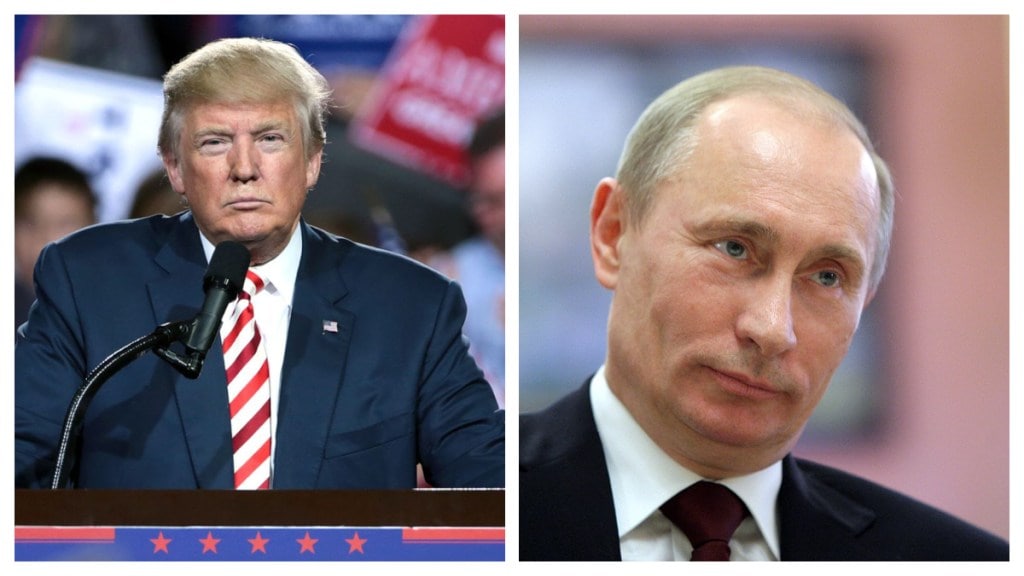Russian President Vladimir Putin and U.S. former President Donald Trump could meet this month, although the Kremlin cautioned that the preparation for such a meeting might take longer. Kremlin spokesman Dmitry Peskov commented on Wednesday that while a face-to-face encounter between the two leaders was “possible,” it might not happen immediately.
Trump, who indicated on Tuesday that he would likely meet Putin this month, dismissed Ukraine’s concerns about being excluded from U.S.-Russia talks in Saudi Arabia. He also suggested Ukraine could have reached a deal with Russia earlier in the conflict. The Riyadh talks focused primarily on bilateral relations between the U.S. and Russia, but Peskov called them a “very, very important step” toward resolving the ongoing war in Ukraine.
Peskov emphasized that while these talks marked progress, the road to a resolution would take time. “Naturally, it’s impossible to fix everything in one day or a week. There is a long way to go,” he said.
The last face-to-face summit between U.S. and Russian leaders took place in Geneva in June 2021 between Putin and Trump’s successor, Joe Biden. However, since then, Biden and Putin have only communicated through calls and intermediaries.
Trump, who has previously disrupted Western policy on Russia and Ukraine, has expressed his intention to end the war. He has also suggested that Putin might be open to negotiations, although he has not yet outlined a specific plan for resolving the conflict. The war, now in its third year, has caused immense devastation in Ukraine, killing or injuring hundreds of thousands and raising fears of a broader confrontation between the nuclear-armed U.S. and Russia.
The talks in Riyadh were the first official discussions between the U.S. and Russia aimed at ending the war in Ukraine, with no Ukrainian or European officials present. Kyiv has made it clear it will not accept any deal imposed without its approval.
The war in Ukraine, which began in 2014 with Russia’s annexation of Crimea and support for separatist forces, escalated dramatically in 2022 when Putin launched a full-scale invasion. He justified the invasion as necessary to protect Russian-speaking Ukrainians and to prevent Ukraine’s potential NATO membership, which Russia sees as a threat. However, the West and Ukraine view the conflict as an imperialistic land grab, threatening European security.
As the war continues, international efforts to broker peace remain in early stages, with both sides holding firm on their demands.
(With Reuters Inputs)


